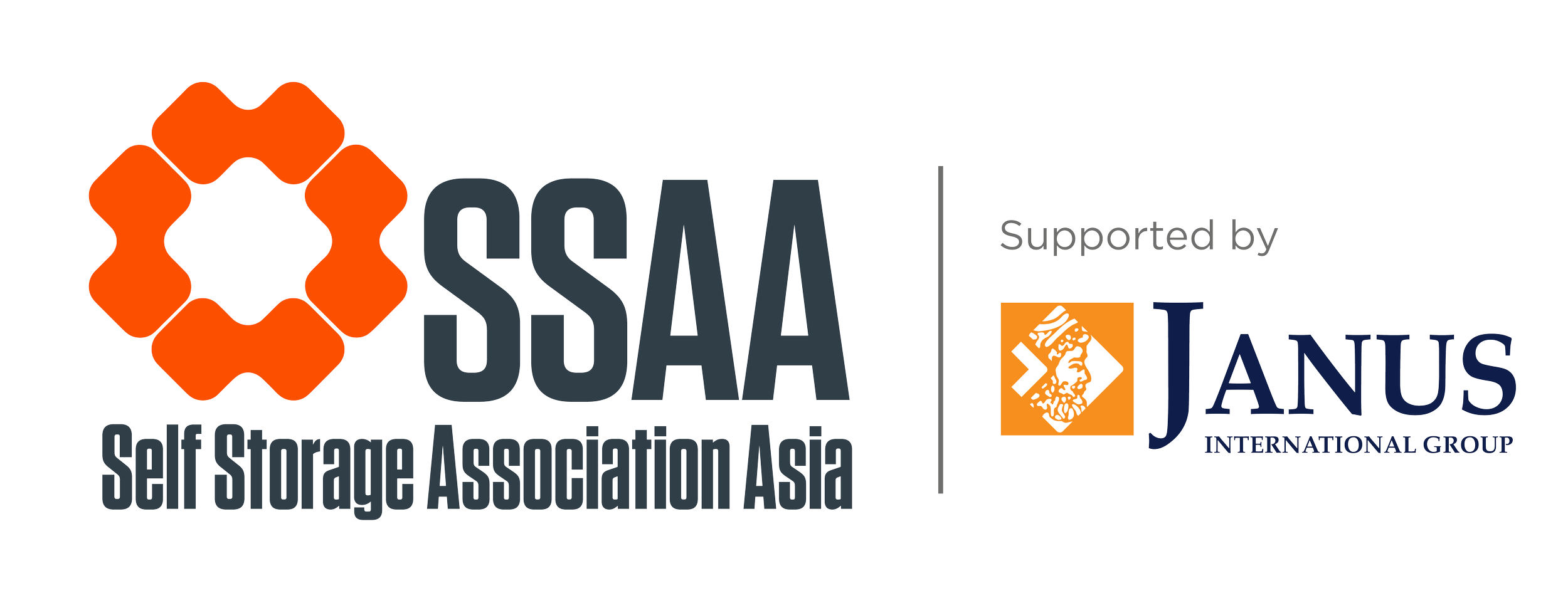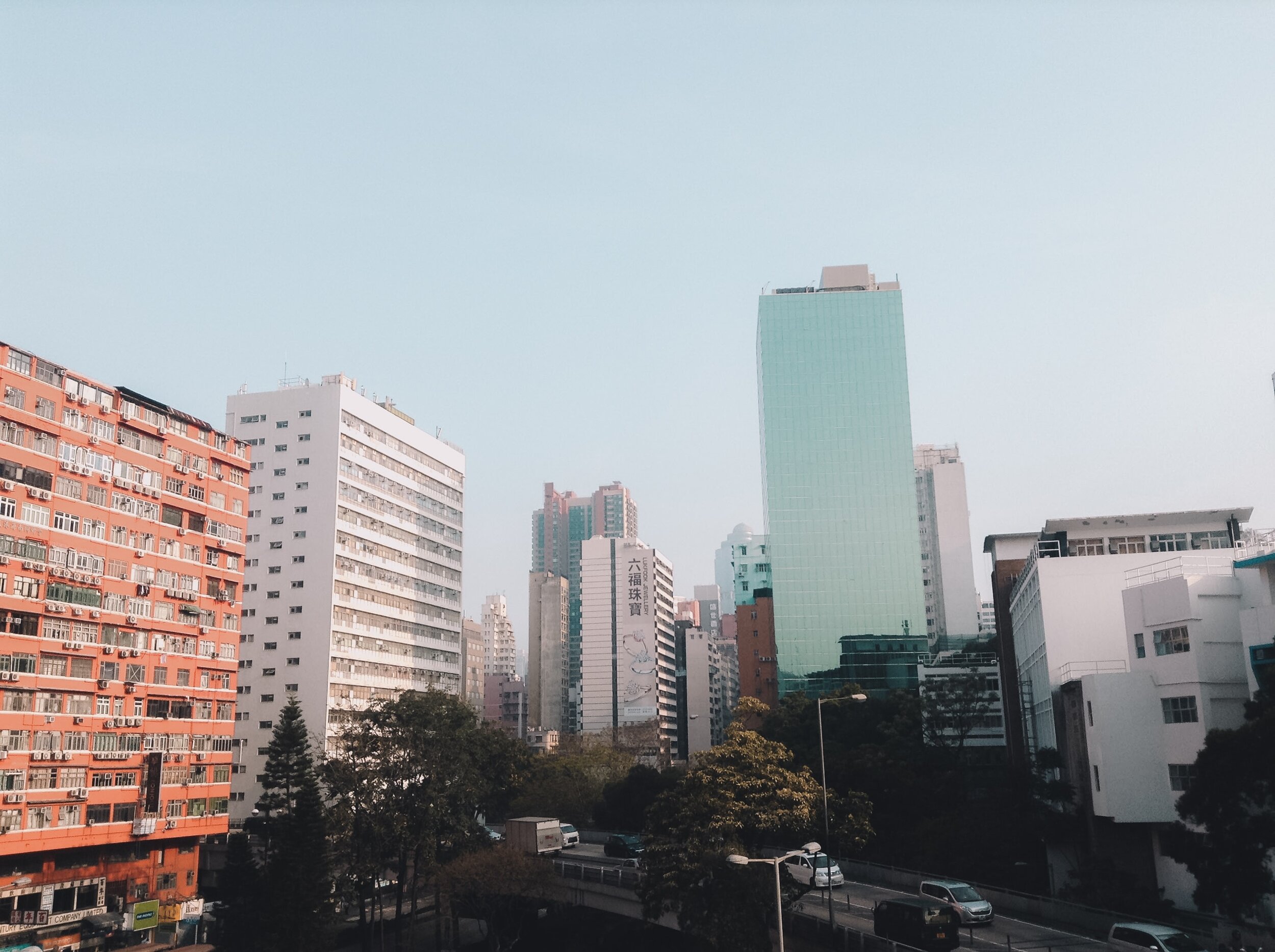Hong Kong Industrial Real Estate Market - The Investment Vibe Returns
Covid-19 had negatively affected Hong Kong's GDP growth in 2019 and 2020 and the non-residential property market has seen drastic declines in transaction volumes and prices. However, signs of economy recovery can be seen by significant GDP growth of 7.8% and 7.5% respectively in the first two quarters of 2021 from the same period the previous year. With business confidence regaining back to normal, investment activities in the real estate market have gradually picked up. This article will focus on the investment sentiment in the industrial sector, which has been the highlight of 2021 so far.
Strong Demand from Thriving Business Sectors during Pandemic
The industrial sector has recovered more quickly than other sectors. According to a research done by Colliers, investment transactions in the industrial sector ranked top amongst the key real estate commercial sectors and generated HK$12,411 million in transactional value in the first half of 2021, which is an increase of 169% year-on-year. Industrial properties also offer a relatively higher rental yield, at an average of 3.5% compared to 2.5% for office and retail, and given the positive prospects of the industrial sector, rental prices could increase up to 5% this year.
The strong demand during the pandemic is mainly due to people spending longer hours at home, which expedited the surge of online sales, and in turn, boosted demands for logistics and storage warehouse facilities and data centres. The shift in consumer behaviour had led to growing popularity of online grocery orders and fresh food, which led to the need for more cold storage spaces. Higher consumer demand for internet services, which led to more data traffic and storage, coupled by the introduction of 5G technology requiring instant data analytics, fuelled the already-growing demand for data centres.
The demand for these areas is expected to grow steadily, but with the low supply of available space to cater for warehousing, logistics, distribution and data centres, many property owners resort to converting old industrial buildings for commercial purposes. Although older industrial buildings are being taken down or bought and converted to other purposes, the government has not been auctioning much land for industrial or logistics development of new buildings. As an example, the government auctioned 24 plots of land in 2020 but only two were for industrial use. As of March 2021, no industry sites have been sold by the government. Demand is expected to exceed supply, and industrial assets remain to be a key focus for investment.
Government Efforts to Boost Recovery
The government has supported in the recovery of non-residential properties through multiple government policies:
i) More affordable financing
Coupled by a low interest rate, the Hong Kong Monetary Authority made mortgage loans more attractive for non-residential properties by raising the loan-to-value ratio caps by 10% in August 2020, which allowed purchasers to borrow more money to acquire non-residential spaces.
ii) Reduced stamp duty
The Double Ad Valorem Stamp Duty levied on non-residential properties since 2013 was abolished in November 2020, so such properties would attract the same stamp duty as residential properties under the Stamp Duty Ordinance Scale 2 rates. This represents approximately half of the previous applicable rates for non-residential property transactions.
iii) Heavy focus on redevelopment of industrial buildings
The Lands Department has launched two rounds of revitalisation schemes for old industrial buildings in 2010 and 2018, encouraging the redevelopment and wholesale conversion of vacant or under-utilised industrial buildings. To further expedite redevelopment, a two-year pilot scheme began in March 2021 where applicants can opt for land premium to be charged at standard rates in respect of lease modifications for the redevelopment of eligible industrial buildings. The main focus is on the redevelopment of pre-1987 industrial buildings from industrial/godown use to commercial (including modern industrial) and/or residential uses.
iv) Subsidy to boost local consumption
The government has also launched the Consumption Voucher Scheme in August to stimulate retail sales by e-payment within Hong Kong. While the scheme aims to bring recovery to the overall retail market, local warehousing, logistics and data centres are also impacted as they see a greater need for industrial space.
v) Eventual relaxation of border control measures
Although travel restrictions are still in place, plans for cross-border travels are an on-going discussion between the Hong Kong, China and Macau governments. The plans have boosted business confidence and investment activity amongst companies and will contribute to the revival of the retail and tourism industries.
These measures, together with the boosting business confidence and demand from storage operators, have made investment in non-residential, particularly industrial properties, very attractive. It is expected that this investment trend will continue for the rest of the year.
Addressing the Legal Aspects of Industrial Investment
With the increased demand for industrial properties, it is prudent to be mindful of the legal aspects before and after making an investment. Interested investors should seek legal advice on whether their intended use of the industrial building is within the operator's parameters, or whether it entails a change of use through waivers or lease modification. A review of the government lease and deed(s) of mutual covenants, if applicable, are important to avoid breaches triggering enforcement actions by the government.
Polly Chu
Partner | Hong Kong, Withers
Polly has extensive experience in all aspects of real estate-related transactions including conveyancing, project conveyancing, development and redevelopment, financing and re-financing, mergers and acquisitions, property joint ventures, disposals and tenancy matters in respect of commercial, residential and industrial properties. She has advised a number of international renowned corporations in their retail leases for flagship stores, branches, shops-in-shops and outlets in Hong Kong, Macau, and the People’s Republic of China (PRC).


